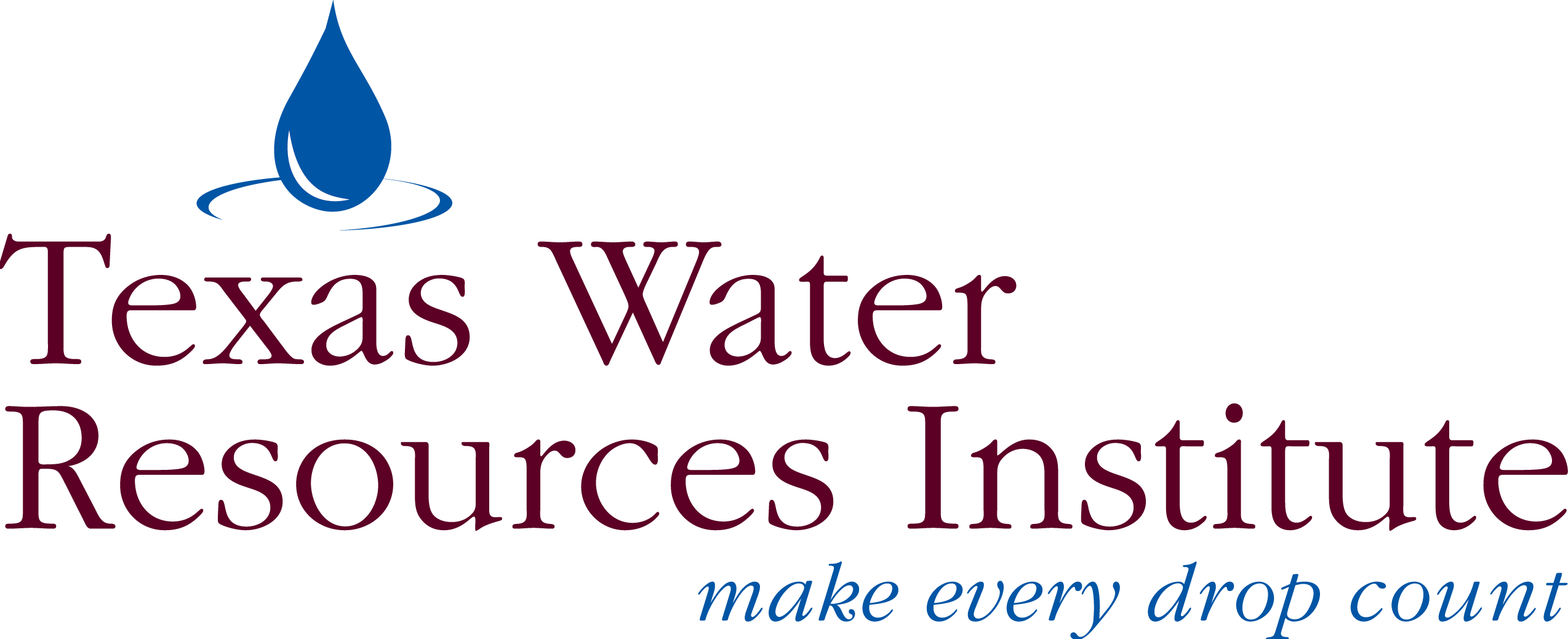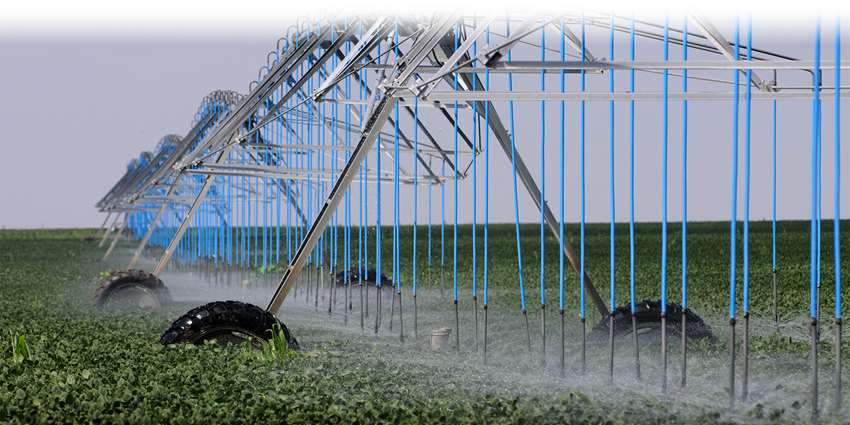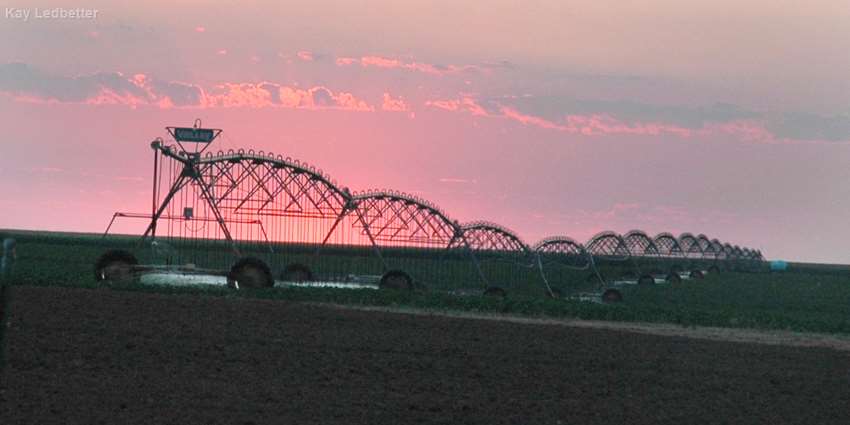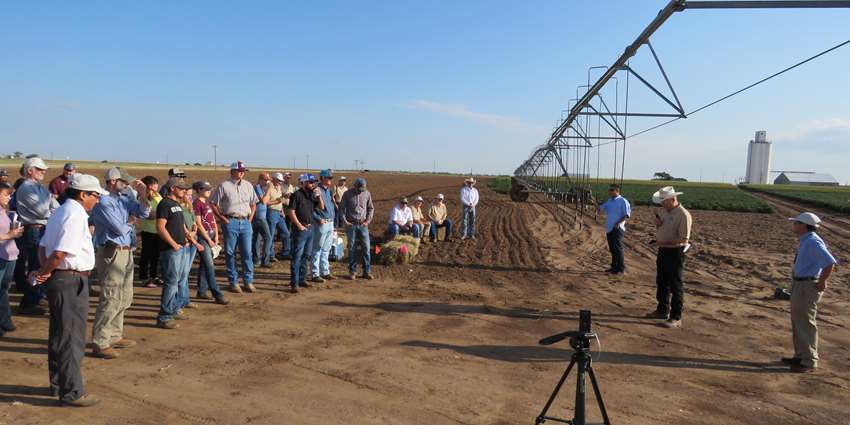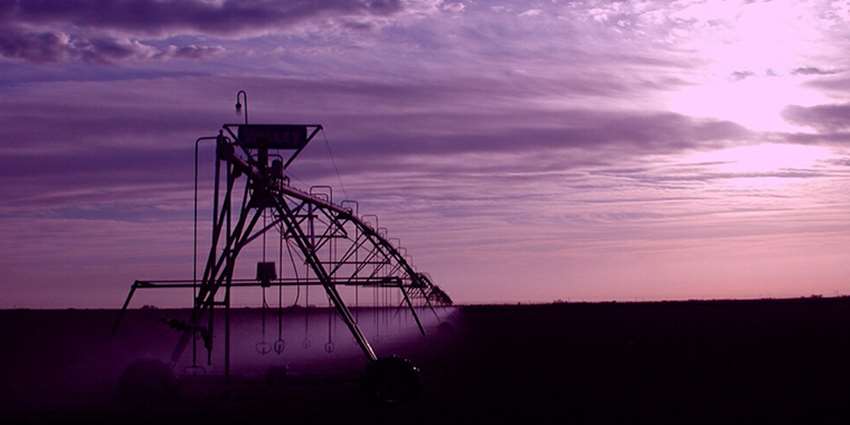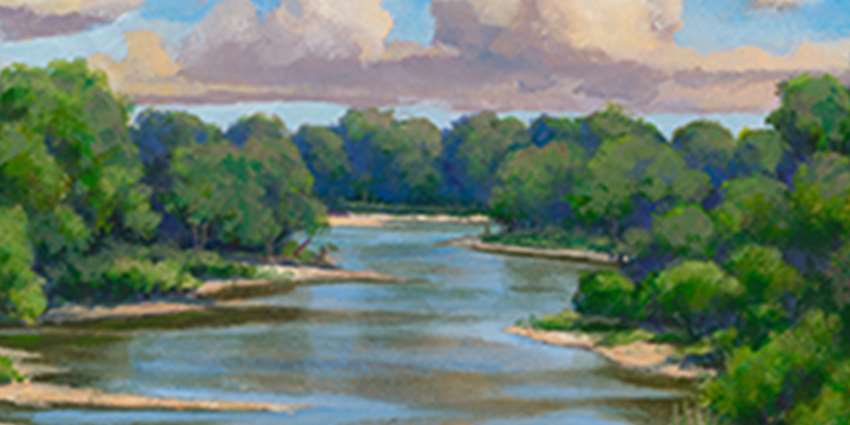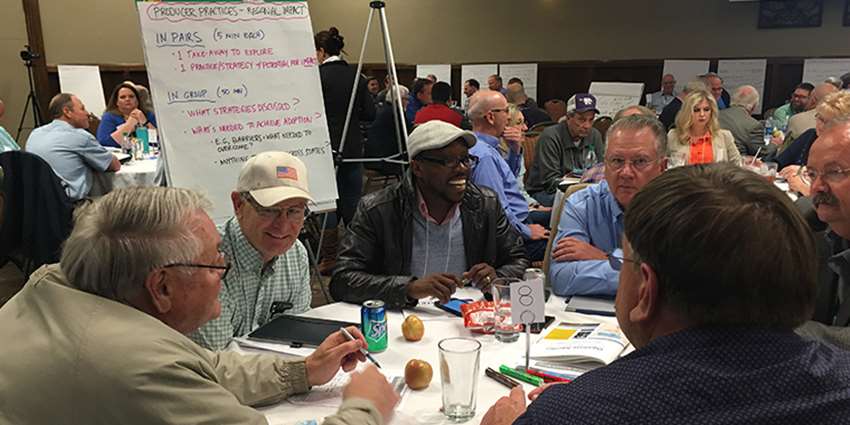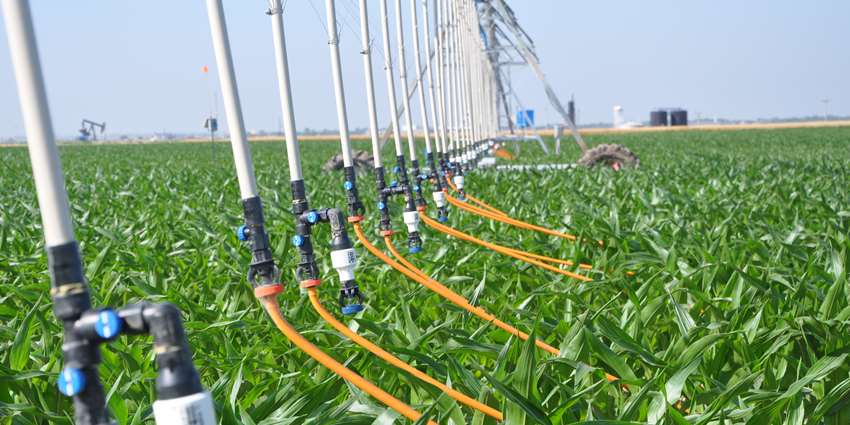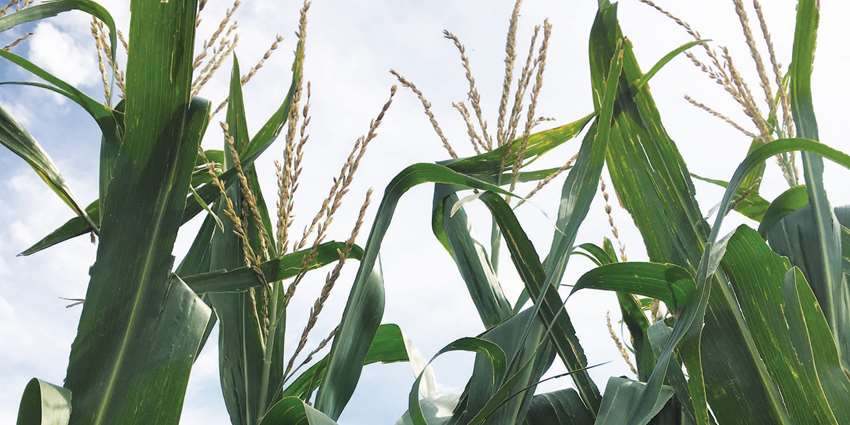Tag: Ogallala Aquifer
-
Master Irrigator program: From demonstration to adoption
Article originally written by Alexandra Hoskins Agricultural water conservation is extremely important, especially in the Ogallala Aquifer region. Targeting the agricultural water users in the North Texas area, a program began in 2016 that focuses on conserving irrigation: the Master Irrigator program. While Master Gardeners or Master Naturalists may be familiar programs, the Master Irrigator program is a bit different. Master…
-
New issue of txH2O highlights the Ogallala Aquifer center privot irrigation and more!
Did you know the Ogallala Aquifer is the largest source of fresh groundwater in North America? Or that two U.S. Department of Agriculture (USDA)-funded projects with almost 100 researchers are working to ensure that Ogallala water is used in the best way possible? The Texas Water Resources Institute recently published the Fall 2018 issue of…
-
Talking with Ogallala Aquifer region producers about H2O
Much of the water under the Ogallala Aquifer region is declining at a faster rate than it recharges by rainfall. What does the dwindling supply of groundwater mean for the producers in this region? txH2O talked to a few producers about what it is like farming on a declining water resource. Bob Meyer: Canyon, TX We definitely…
-
Field days in Texas and Kansas draw individuals interested in water management
Article originally written by Alexandra Hoskins As Labor Day signals the end of summer and beginning of fall, field days across the Ogallala Aquifer region sent attendees off with information about water management and summer crops to carry into next year’s growing season. In Texas, the Summer Crops/OAP (Ogallala Aquifer Program) Center Pivot Irrigation Field Day took…
-
Paper presents changes in Ogallala Aquifer groundwater quality
In a new paper published by the Texas Water Journal (TWJ), a group of researchers for the U.S. Department of Agriculture (USDA) Agricultural Research Service (ARS), found that the quality of water being extracted from the Ogallala Aquifer changes in complex and unpredictable ways. “In some cases, water quality declined and in others water quality improved,” the…
-
The Brazos: Legacy of a Mighty River exhibit opens
Article originally written by Alexandra Hoskins. Can water, humans and animals coexist while competing for one resource? A new exhibit at the Brazos Valley Museum of Natural History dives into the competition and collaboration surrounding the Brazos River. The exhibit, The Brazos: Legacy of a Mighty River, opened on June 29 with a lecture by Dr. Robert Mace, deputy…
-
Ogallala Water Summit gathers stakeholders to work on next steps to sustain aquifer
By Amy Kremen More than 200 leaders in water management from all eight states that overlay the Ogallala Aquifer traveled to Garden City, Kansas in April to attend the Ogallala Aquifer Summit. Over two days, the group shared its expertise and perspectives on effective management practices and support systems, including local, state and federal policies,…
-
Ogallala Aquifer Program research featured in journal
Article originally written by Kathy Wythe. The OAP, funded by the U.S. Department of Agriculture’s Agricultural Research Service (ARS), is a research-education consortium seeking solutions from problems arising from declining water availability from the Ogallala Aquifer in western Kansas and the Texas High Plains. The consortium is led by the ARS laboratories in Bushland and…
-
Ogallala Water Coordinated Agriculture Project, Ogallala Aquifer
Team members of the Ogallala Water Coordinated Agriculture Project (CAP) heard updates on the project’s year two accomplishments and reviewed timelines and goals in anticipation of its next project year, which starts in mid-March, at their recent annual meeting in Manhattan, Kansas. The multidisciplinary collaborative project, funded by U.S. Department of Agriculture-National Institute of Food and Agriculture (USDA-NIFA),…
-
Ogallala Water team reviews accomplishments, plans for year
Team members of the Ogallala Water Coordinated Agriculture Project (CAP) heard updates on the project’s year two accomplishments and reviewed timelines and goals in anticipation of its next project year, which starts in mid-March, at their recent annual meeting in Manhattan, Kansas. The multidisciplinary collaborative project, funded by U.S. Department of Agriculture-National Institute of Food and Agriculture (USDA-NIFA),…
